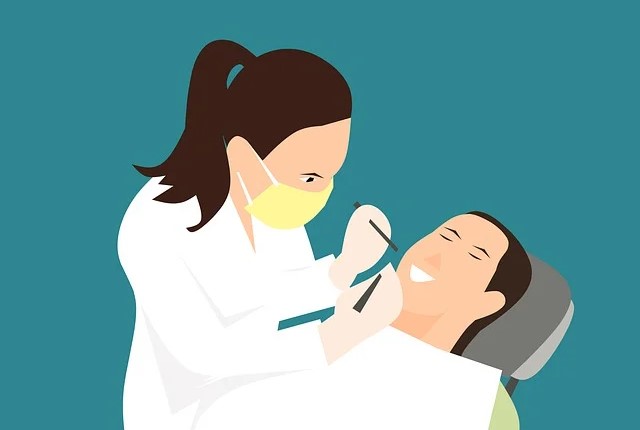Taking good care of your teeth may be linked to better brain health, according to a study published in Neurology , the medical journal of the American Academy of Neurology. The study found that gum disease and tooth loss were linked to brain shrinkage in the hippocampus, which plays a role in memory and Alzheimer’s disease. The study does not prove that gum disease or tooth loss causes Alzheimer’s disease; it just shows an association.
Background and objectives
Although tooth loss and periodontitis have been considered risk factors for Alzheimer’s disease, recent longitudinal research has found no significant association with hippocampal atrophy. Therefore, this study aimed to elucidate a longitudinal association between the number of teeth present (NTP) and periodontitis severity-dependent hippocampal atrophy in a population of older and middle-aged adults.
Comments
"Tooth loss and gum disease, which is inflammation of the tissue around the teeth that can cause gum shrinkage and loosening of the teeth, are very common, so evaluating a potential link with dementia is incredibly important," said study author Satoshi Yamaguchi, PhD, DDS, of Tohoku University in Sendai, Japan. "Our study found that these conditions may play a role in the health of the area of the brain that controls thinking and memory, giving people another reason to take better care of their teeth."
The study involved 172 people with an average age of 67 who did not have memory problems at the beginning of the study. Participants underwent dental exams and took memory tests at the beginning of the study. They also underwent brain scans to measure hippocampal volume at the beginning of the study and again four years later.
For each participant, researchers counted the number of teeth and checked for gum disease by looking at periodontal probing depth, a measure of gum tissue. Healthy readings are one to three millimeters.
Mild gum disease involves probing depths of three or four millimeters in several areas, while severe gum disease involves probing depths of five or six millimeters in several areas, as well as increased bone loss and can cause teeth become loose and eventually fall out.
The researchers found that the number of teeth and the amount of gum disease were related to changes in the brain’s left hippocampus.
For people with mild gum disease, having fewer teeth was associated with a faster rate of brain shrinkage in the left hippocampus.
However, for people with severe gum disease, having more teeth was associated with a faster rate of brain shrinkage in the same area of the brain.
After adjusting for age, the researchers found that, for people with mild gum disease, the increase in the rate of brain shrinkage due to one less tooth was equivalent to almost a year of brain aging. In contrast, for people with severe gum disease, the increased brain shrinkage due to one more tooth was equivalent to 1.3 years of brain aging.
"These results highlight the importance of preserving tooth health and not just retaining teeth," Yamaguchi said. "The findings suggest that retaining teeth with severe gum disease is associated with brain atrophy. Monitoring the progression of gum disease through regular visits to the dentist is crucial, and teeth with disease may need to be removed." gum disease and replace them with appropriate prosthetic devices.
Yamaguchi said future studies with larger groups of people are needed. Another limitation of the study is that it was conducted in one region of Japan, so the results may not be generalizable to other locations.
Conclusions In a middle-aged and older cohort, fewer teeth were associated with a faster rate of left hippocampal atrophy in patients with mild periodontitis, while having more teeth was associated with a faster rate of atrophy in those with severe periodontitis. The importance of maintaining healthy teeth is suggested. |
The study was supported by the Ministry of Education, Culture, Sports, Science and Technology of Japan; Keio University; Japan Atherosclerosis Prevention Fund; Ministry of Health, Labor and Welfare of Japan; Teikyo University; Pfizer Japan; Bayer Yakuhin; Chugai Pharmaceutical; Daiichi Sankyo; Astellas Pharma; Takeda Pharmaceutical; Institute of Health Care Sciences; Health Sciences Center; and the Takeda Science Foundation.
















